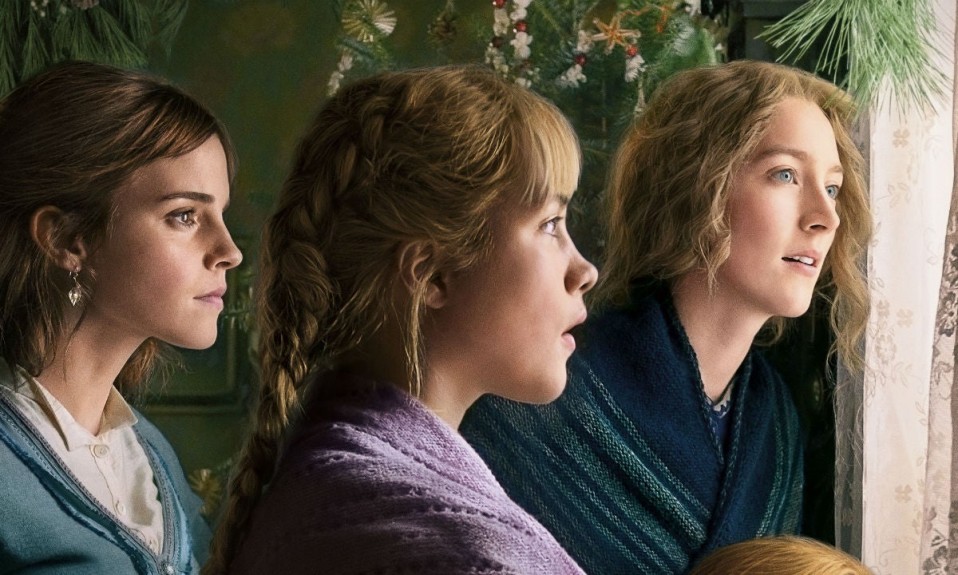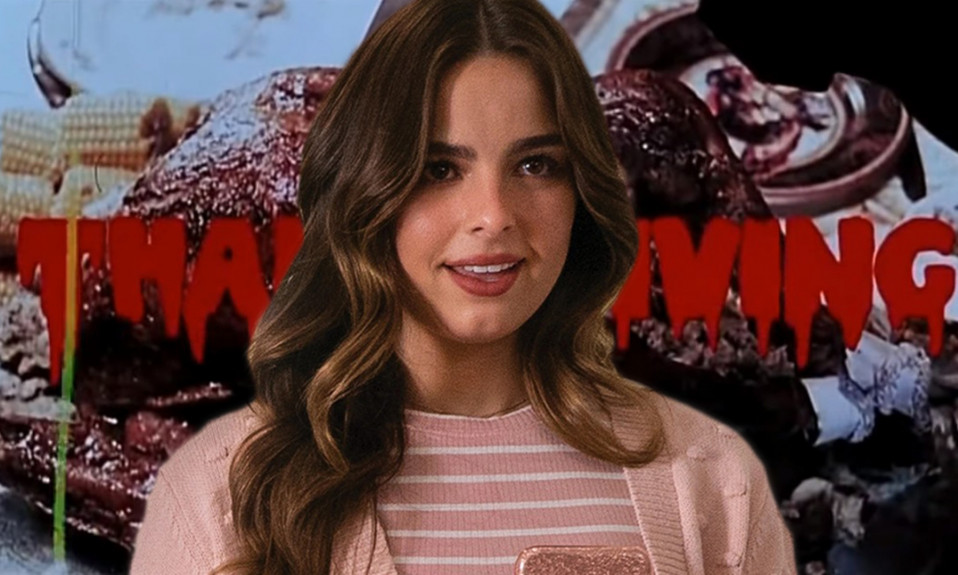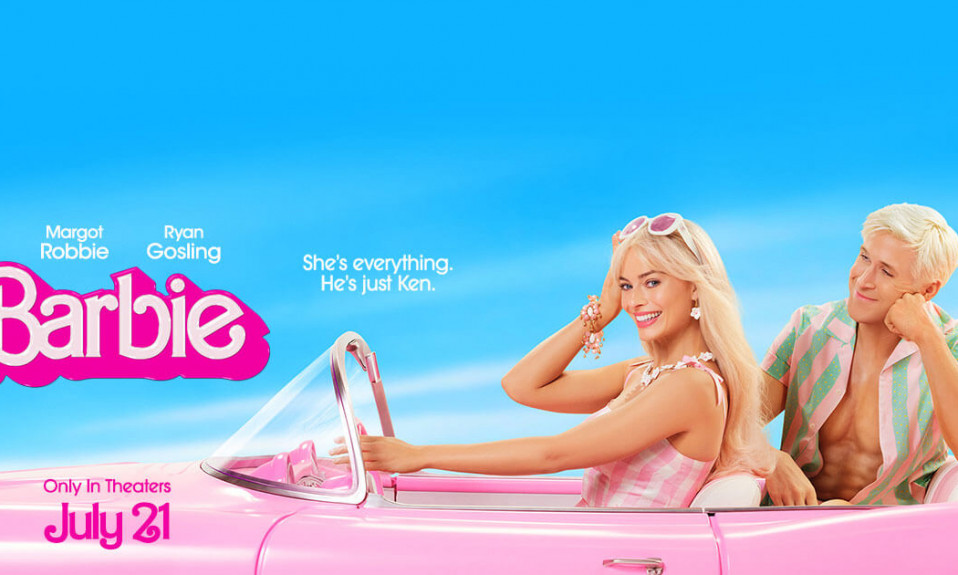When Louisa May Alcott wrote Little Women she didn’t want Jo March, her fiery, emboldened, and strong-minded lead, to be married by the novel’s end. This was, like Greta Gerwig’s new film adaptation stresses, a choice of her publisher and a sign of the repressive times she lived in. Alcott herself defied that rule in real life, choosing not to marry and instead devoted herself to artistic endeavours. In fact, history is littered with literary women who decided to forego their expected life paths such as Edna St. Vincent Millay, Jane Austen, Emily Brontë, and Emily Dickenson and more.
When Louisa May Alcott wrote Little Women she didn’t want Jo March, her fiery, emboldened, and strong-minded lead, to be married by the novel’s end. This was, like Greta Gerwig’s new film adaptation stresses, a choice of her publisher and a sign of the repressive times she lived in. Alcott herself defied that rule in real life, choosing not to marry and instead devoted herself to artistic endeavours. In fact, history is littered with literary women who decided to forego their expected life paths such as Edna St. Vincent Millay, Jane Austen, Emily Brontë, Emily Dickenson, and more.
Gerwig’s film is really an ode to those, to borrow a phrase from one of its stars, self-partnered women. Women who have defied the confines of marriage, whose passion is just as important as their prospective nuptials. As Gerwig said of her aspirations for Jo’s relationship with the audience, ‘What if you felt when she gets her book, the way you generally feel about a girl getting kissed?’ Thus can you imagine, if we cared as much about a woman’s achievements as we do whether or not anyone puts a ring on it?
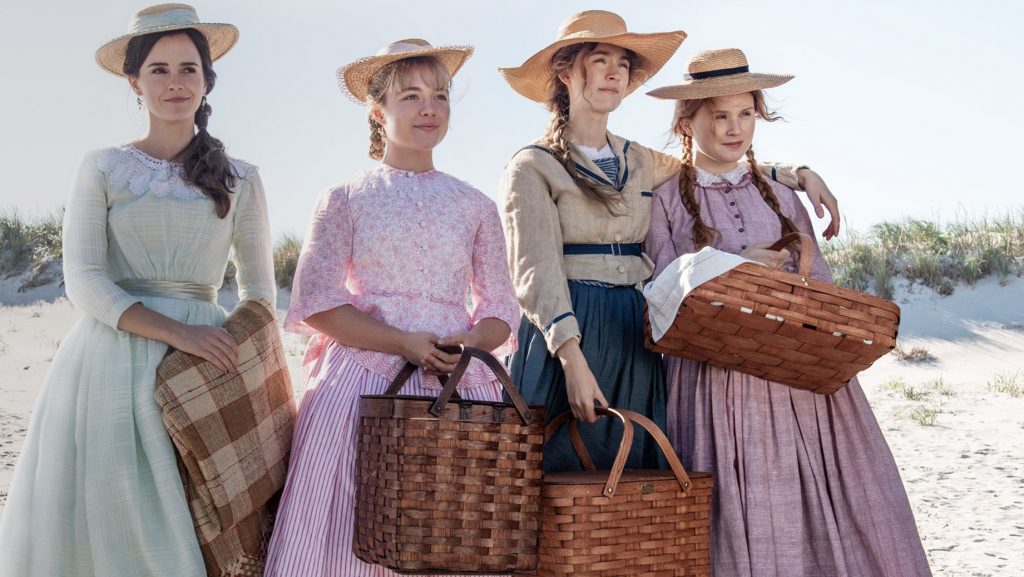
Gerwig rearranges the story thematically and structurally to breathe new life into it on screen and puts marriage firmly at the centre. The film begins with the March sisters on the precipice of adulthood. Jo (Saoirse Ronan) is living in New York writing wild stories about violence because that’s what sells. Meg (Emma Watson), the eldest sister, is living in marital bliss with two young children – except she’s broke. Amy (Florence Pugh) is in Paris, practising her painting and being courted by the super-rich Fred Vaughn, and Beth (Eliza Scanlen) the youngest, is at home with her mother, her heart weakened by a bout of scarlet fever. They’re four twenty-something women with their childhood in the rear-view, their memories and losses framing the decisions they make. Meg is releasing the life she aspired for isn’t always perfect while both Jo and Amy navigate the decision on who to marry or if they should marry at all.
‘I’d rather be a free spinster and paddle my own canoe,’ Jo says (a line lifted from Alcott’s journals), though she fears the loneliness of such a life, even if she believes that women are capable of more than just love. While Amy sees marriage as an economic proposition, something she can use to support her family. ‘I believe we have some power over who we love, it isn’t something that just happens to a person,’ she says, in a debate that frames her as sensible and explicitly aware of her role in the world. How a woman approaches that role and marriage, be it with contempt of Jo, the practicality of Amy, or head-over-heels love of Meg, is something that still lingers today.
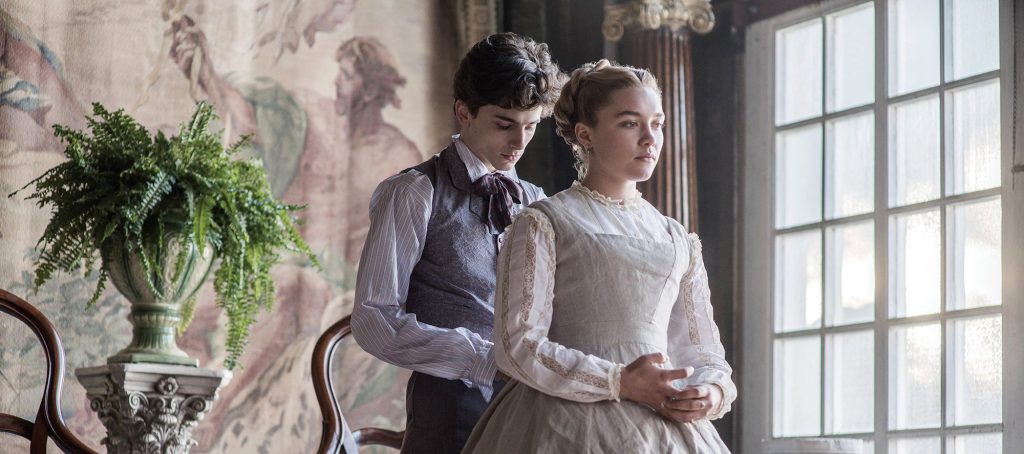
The shape of marriage in our modern world is shifting. It’s moving away from its history as a business transaction (one that could procure a dowry and help business) and toward being the pinnacle of romantic idealism. Just entirely how that happened, no one is really sure. Capitalism undoubtedly played a significant role – the selling of the ‘dream wedding’ to women soared as a business since Victorian times. Then, of course, came the idea of ‘marrying for love’, a new way of entrapping young singles when their betrothal didn’t come with the promise of a small plot of land and a few cows to boot.
The fact is that marrying for ‘love’ only entered our collective consciousness around 250 years ago. Before then it was merely one of several factors to be considered when pairing up young singles (and, dear reader let me tell you, it wasn’t very high up the list of concerns either). As Stephanie Coontz wrote in her book Marriage, a History, “it was inconceivable that people would choose their mate on the basis of something as fragile and irrational as love.” And, while people did indeed fall in love, the choice to marry because it was seen as a threat to a particular social order, one that could risk men and women abandoning their commitments to family, neighbours, and, above all, God.
Even if marriage has rebranded itself as the symbol of ‘everlasting true love’, does that mean it can outrun its deeply gendered history? The gendered concepts of such a union are still unavoidable with a 2014 study of Harvard Law School graduates showing that more than half of the men surveyed expected their careers to take priority over their spouses. As writer Jia Tolentino notes, in her book Trick Mirror, “gender inequality is so entrenched in straight marriage that it persists in the face of cultural change.” Thus, Jo’s (and indeed Alcott’s) disdain for settling down still seems more than reasonable and, in 2019, she wouldn’t be alone.
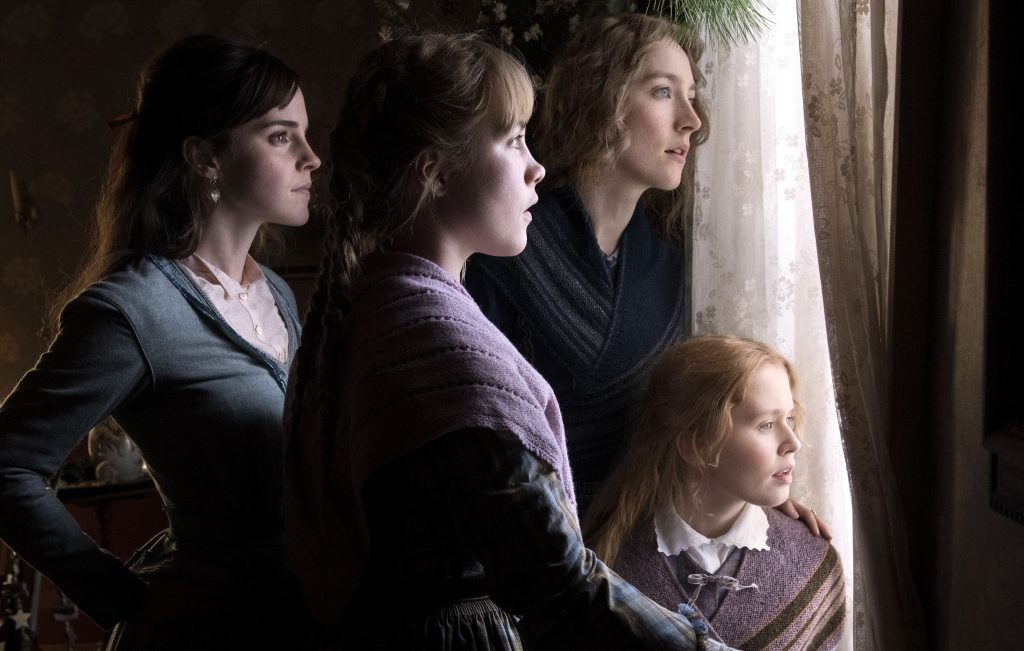
This past year has been peppered with films that celebrated singlehood. Lorene Scafaria’s Hustlers focused on women’s ambition, sisterhood, and their refusal to continue to face abuse from the ruling classes. Chris Buck and Jennifer Lee’s Frozen 2 offered Elsa, a Queen who aspired to fulfilment and self-actualisation while being the first Disney princess to nix falling into the arms of an interchangeable price with a china doll face. Sophie Hyde’s Animals came with the view that marriage is an obstacle to a lifelong friendship rather than something to be sought after and prized. While the sad obsessive loner who ultimately commits heinous acts of violence in Todd Phillip’s Joker is #SingleGoals for faceless bros on Twitter.
Whether it’s 2019 or 1869, marriage still looms large over society and, indeed, cinema. The choice to remain single is still a threat. As the philosopher, Alain de Botton wrote,
“Anyone who lives alone and manifests no longing to be in a relationship is – in our times – almost automatically (though more or less secretly) viewed as both pitiable and deeply troubled. It’s simply not thought possible to be at once alone and normal.”
– Alain de Botton
Do any of the Little Women end up alone you ask? Gerwig wants you to think so as she suggests that the ending of Jo’s novel (which sees her fall into the arms of a man) isn’t the one Jo chooses for herself and this is an act of tribute to Alcott. It blends the author and fictional character together even further. Gerwig chooses, as Alcott did, not to follow what is expected, to defy the end of the novel and say, boldly, that marriage is not all a woman is fit for, both then and now.
Little Women is in cinemas nationwide on 26th December.
Also Read: How To Revive A Franchise After Many Years


